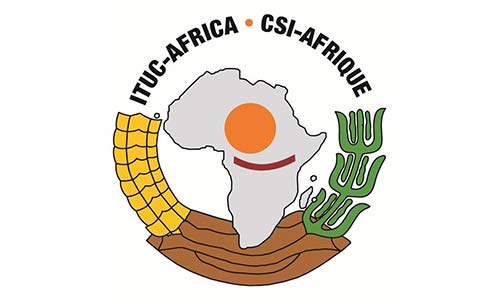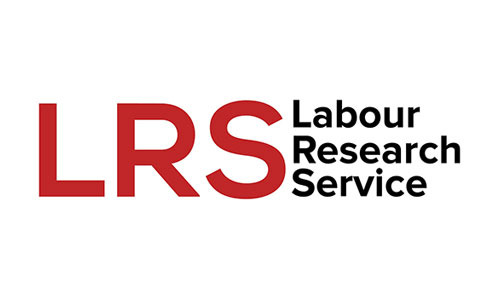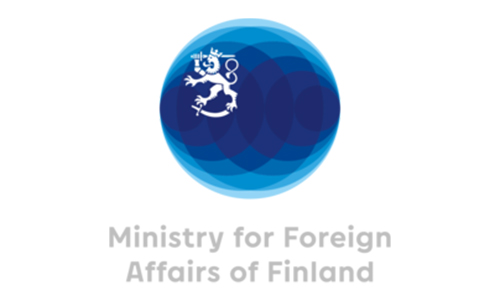The African Continental Free Trade Area (AfCFTA) agreement is expected to support a single African market for goods and services, enable the free movement of people, mobilise investment and work towards the establishment of a continental customs union. However, we don’t know for sure whether the agreement will support Africa’s aspirations to transform, develop and integrate economically. The AfCFTA agreement also does not have any labour provisions, which puts workers at further risk of job loss and exploitation.
Labour provisions refer to principles or standards that seek to influence or regulate labour standards.
Trade unions call for labour provisions to be included in AfCFTA
We need labour provisions because:
- We believe that such provisions support the transformation and development agenda for Africa.
- We believe that decent work is a key aspect of development that delivers much of what we mean by the pro-social outcomes of trade.
- We want to avoid a race to the bottom resulting from naked competition between countries on the basis of wages and working conditions.
The presentation below is my input on labour provisions and the AfCFTA to the Southern African Trade Union Coordination Council (SATUCC) regional workshop on promoting decent work in the implementation of the AfCFTA in Botswana in May 2023.
Watch and learn:
- What we mean by labour provisions
- Why we want labour provisions
- How we get there given the current state of play in the AfCFTA
- Precedent for labour provisions
- What labour provisions should look like
- What the trade landscape looks like
- The existing appetite for labour provisions and a way forward
Trade unions in Southern Africa advocate for an inclusive AfCFTA
SATUCC represents all the major trade union federations in the Southern African Development Community (SADC). The SATUCC workshop was attended by unions and civil society activists. The workshop brought together trade unionists and civil society activists from Southern Africa as part of a wider project supported by the African Regional Organisation of the International Trade Union Confederation (ITUC-Africa) to build trade union capacity to engage with the AfCFTA and to advocate for workers’ concerns and interests in the agreement. Participants included SATUCC, ITUC Africa, the Labour Research Service, the Zambia Institute for Labour Research and Development, the Labour Resource and Research Institute Namibia, IndustriALL, the FES Trade Union Competence Centre Sub-Saharan Africa, the Solidarity Centre, the SADC Secretariat and the SADC Council of NGOs.
As a contribution to the continental trade union advocacy on the AfCFTA, workshop participants collectively proposed some strategies to ensure an inclusive AfCFTA that takes into consideration the voices of workers.
- Model AfCFTA Protocol on Labour: Develop a comprehensive labour protocol within the AfCFTA, including core labour standards aligned with ILO principles, an enforcement mechanism and provisions for informal economy workers, SMEs and women’s maternal health. Ensure inclusivity in the drafting process, harmonise national labour laws, and address the needs of vulnerable groups.
- Common advocacy framework: Create a unified advocacy framework by appointing focal points, establishing sub-committees and engaging with the media to consolidate efforts across AfCFTA member states. Build capacity through a regional academy and sustainable strategies.
- Stakeholder mapping: Identify and engage relevant stakeholders such as tripartite alliances, trade bodies, faith-based organisations, think tanks and research institutes in advocacy efforts.
- Fundraising: Securing resources through partnerships with organisations such as GIZ, SATUCC and SADC, and exploring local fundraising opportunities to support advocacy efforts.
- Advocacy: Focus on identifying supportive governments, due diligence legislation and trading partners, while holding Global North countries accountable. Build internal capacity, maintain a clear message and build trust.
- Evidence-based research: Develop research objectives for baseline standards, impact assessments and due diligence legislation to support evidence-based policy formulation.
 Participants at SATUCC regional workshop on the AfCFTA | May 2023, Gaborone
Participants at SATUCC regional workshop on the AfCFTA | May 2023, Gaborone
RELATED ARTICLES:
Six trade union responses to the impact of the AfCFTA in Namibia
KEY RESOURCES
- A trade union guide to the African Continental Free Trade Agreement
- Trade Unions call for the inclusion of labour provisions in the AfCFTA | Tunis Declaration 2022
Trenton Elsely
Trenton Elsley is the Executive Director of the Labour Research Service. Trenton’s interests include democracy, civil society, the politics of trade union organisation and representation, the world of work and multinational companies.

 Participants at SATUCC regional workshop on the AfCFTA | May 2023, Gaborone
Participants at SATUCC regional workshop on the AfCFTA | May 2023, Gaborone


